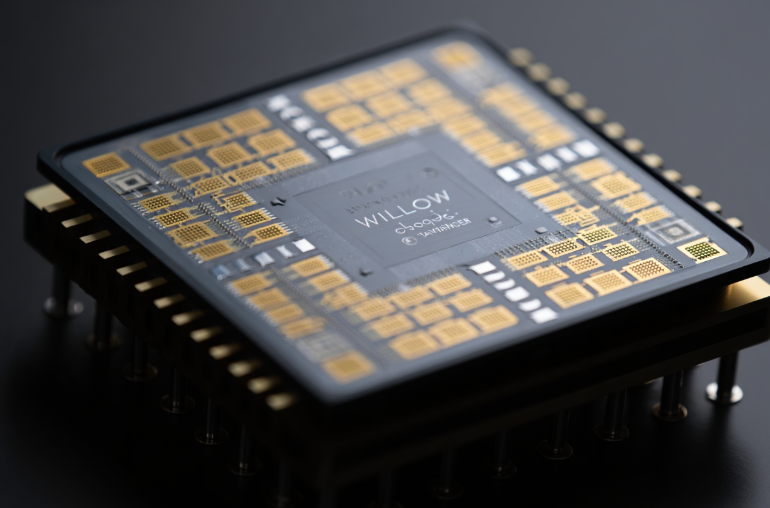In Sweden, thousands of people are embracing technology in a bold new way — by implanting tiny RFID or NFC microchips beneath their skin. Roughly the size of a grain of rice, these chips are usually placed between the thumb and index finger. They allow users to perform everyday actions seamlessly, such as unlocking doors, boarding trains, accessing offices, storing health details, and even handling small digital payments.
This growing trend, supported by Swedish biohackers and companies like Biohax International, reflects the country’s drive toward frictionless digital living. Unlike smartphones or wearable devices, these chips require no batteries or charging. They also lack GPS tracking and only work when scanned, making them seem like a low-maintenance tool for convenience.
However, innovation comes with growing debate. Privacy experts ask who controls your data, raising concerns about misuse and surveillance. Cybersecurity professionals warn of potential vulnerabilities, while ethicists question whether technology should be embedded into the human body at all.
Despite these concerns, Sweden has not mandated chip implants. Adoption is voluntary, but the idea is gaining traction in one of the world’s most cashless economies. Many citizens view it as a natural step in digital evolution, while critics remain wary of long-term consequences.
This raises an important question: Are Swedes leading the way toward a smarter, frictionless future, or are they unknowingly stepping into an era where convenience comes at the expense of personal freedom?
Sweden’s Microchip Implants Spark Debate on Privacy and the Future of Convenience






